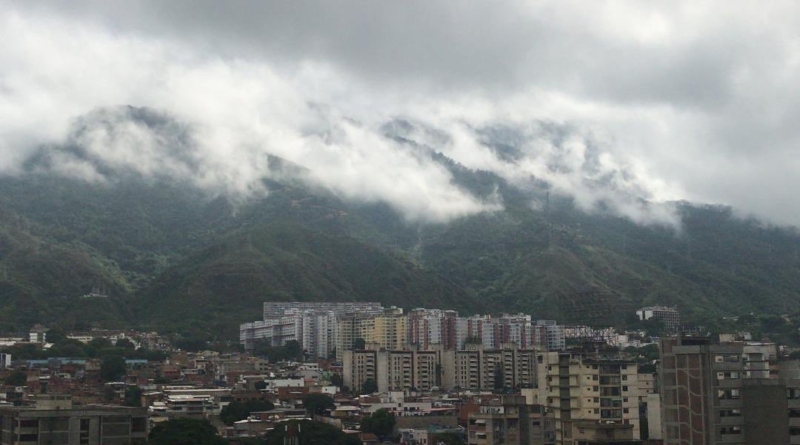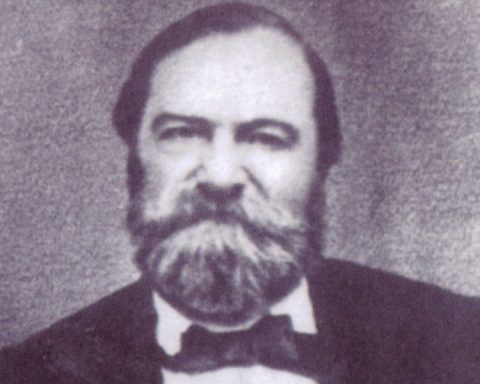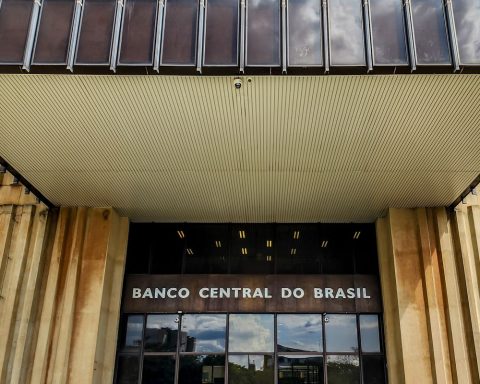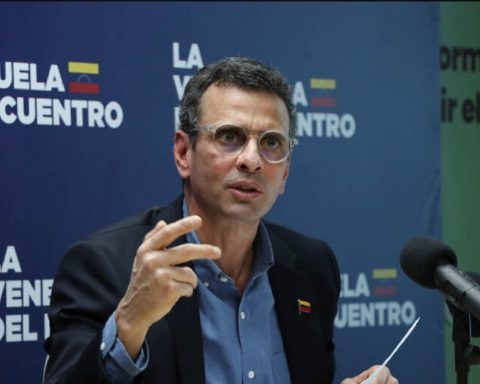The pandemic accelerated the legitimization of social networks as a means of information for their users, who, despite some mistrust, consider them “spaces of freedom and transparency”, without questioning the “political-economic interests” that may be behind it, indicated a study developed by researchers from the National University of San Martín (Unsam).
The report, made from a series of focus groups, registered “a before and after” in information habits, from which the traditional media (radio, television and written press) were increasingly displaced by their digital version (digital portals) and even more so by social networks in general.
“In a very paradoxical way, social networks advanced a lot in their legitimation during the pandemic, at least in Argentina,” said Ezequiel Ipar, coordinator of this study carried out by the Laboratory of Studies on Democracy and Authoritarianism (LEDA) of Unsam e Researcher at the National Council for Scientific and Technical Research (Conicet).
Dedicated more than a decade ago to the study of these tendencies, the group of researchers that make up the LEDA In recent months, they have dedicated themselves to investigating how social networks functioned “as a refuge” from the news from traditional media that narrated the “tragic event” that was the Covid-19 pandemic.
“In investigations prior to the pandemic, we identified a mistrust of users towards social networks, everyone accepted that the information that appears on them is not reliable,” told Télam Lucía Wegelin, doctor in Social Sciences and member of the investigation.
“The growing trust in social networks is a result of that freedom understood as the absence of mediation with direct information”
However, in the last focus groups carried out with active users, they found that this mistrust, exclusive to social networks, was now generalized to traditional media, which “ended up under the logic of mistrust and somehow empowering social networks “.
This phenomenon is explained by “a certain unbearability of anguish” generated by the number of deaths and by “the suspicion of the veracity” of the traditional media, to which “the general uncertainty of the virus was partly attributed,” the researchers pointed out.
They added that “editorialization”, which appears as a problem in the traditional media due to its nature of “protection”, in social networks “is not very clearly identified” due to the “fantasy of immediacy”. That is, to the alleged “absence of people behind” these platforms.
“According to this idea, it is the user who dominates the media and not the other way around. The idea prevails that in social networks the individual is sovereign, while not in traditional media because there is always an editorial line,” he developed. Ipar, for whom “this fantasy is very powerful and grew a lot with the pandemic.”
“The growing trust in social networks is a result of that freedom understood as the absence of mediation with direct information. In social networks, everyone believes that they can decide what to see, what not, for how long and with what sources,” he added. her part Micaela Cuesta, also a doctor in Social Sciences and researcher at LEDA-Unsam.

That freedom carries “the risk of debauchery because you can say anything.” However, it is an accepted rule since the “absolute freedom” of social networks is understood as “an incomparable value of social networks in relation to other information media,” Cuesta explained.
According to the report, only for a “very minor” portion does it problematize the idea of social networks as a “guarantee of objectivity” or the risks associated with the operation of algorithms.
For most of the relavados, information from social networks appears as more “true” or “transparent” than any other and consider that any possible regulation “violates the fundamental principle of the networks that is the possibility of ‘saying anything'”.
“Traditional media still have, despite everything, certain ethical and legal rules; social networks do not, so there are many constructions of meaning that could not circulate anywhere other than the networks”
In this line, considering previous studies of the LEDA or even a report made by Twitter where it is admitted that social networks are “a privileged channel for the circulation of hate speech, the radicalization of extreme right-wing groups, conspiracy theories and fake news”, the legitimization of these environments generates “a sign of alert,” the researchers said.
“Traditional media still have, despite everything, certain ethical and legal rules; social networks do not, so there are many constructions of meaning that could not circulate anywhere other than the networks,” Cuesta said.
Faced with this scenario, they agreed on the need to bring to the fore “what is false about the neutrality of social networks” and the supposed absence of political-economic interests.
“We should discuss a democratic public policy, which not only shows the concentrated structure that is behind the traditional media but can also reveal that ingenuity for the public use of social networks,” concluded Wegelin.


















